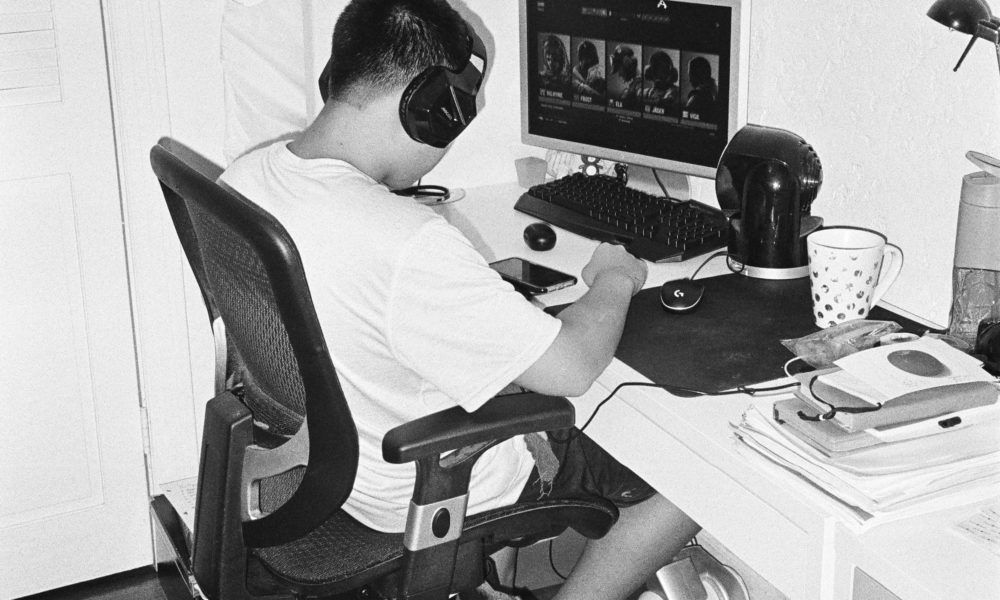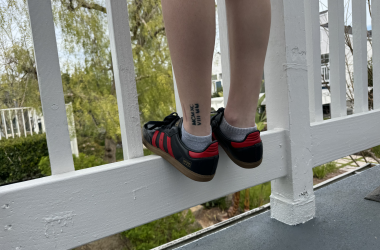Overcoming these past nine months has been filled with pain and loss. Nationally, over 300,000 people have died, our healthcare system is buckling under the demand for beds and morgues overflowing with bodies.
Meanwhile the rest of us, in an effort to do our part to slow down community spread, have been asked to distance ourselves from work, from school and from our loved ones.
Students, campus administrators and faculty scrambled to a sudden shift to virtual learning in March. Many students moved home, back in with their parents. Some picked up another job to support their families, others struggled as they lost hours at their work.
Before the pandemic, one in 10 students was facing homelessness in the California State University system and nearly half of all students were food insecure, according to data from the Basic Needs Initiative. These numbers most likely have risen as the Hope Center found that almost three in five students surveyed across the country were facing basic needs insecurity during this pandemic.
Still, students hurled themselves at their work and studies despite the chaos going on outside their bedroom walls. We nestled at home in our rooms, staring at our professors through screens, and tried to salvage a semester that should have been in person.
Students are struggling right now and have asked for the option for credit or no credit to be extended for their courses as the fall semester has begun to close out.

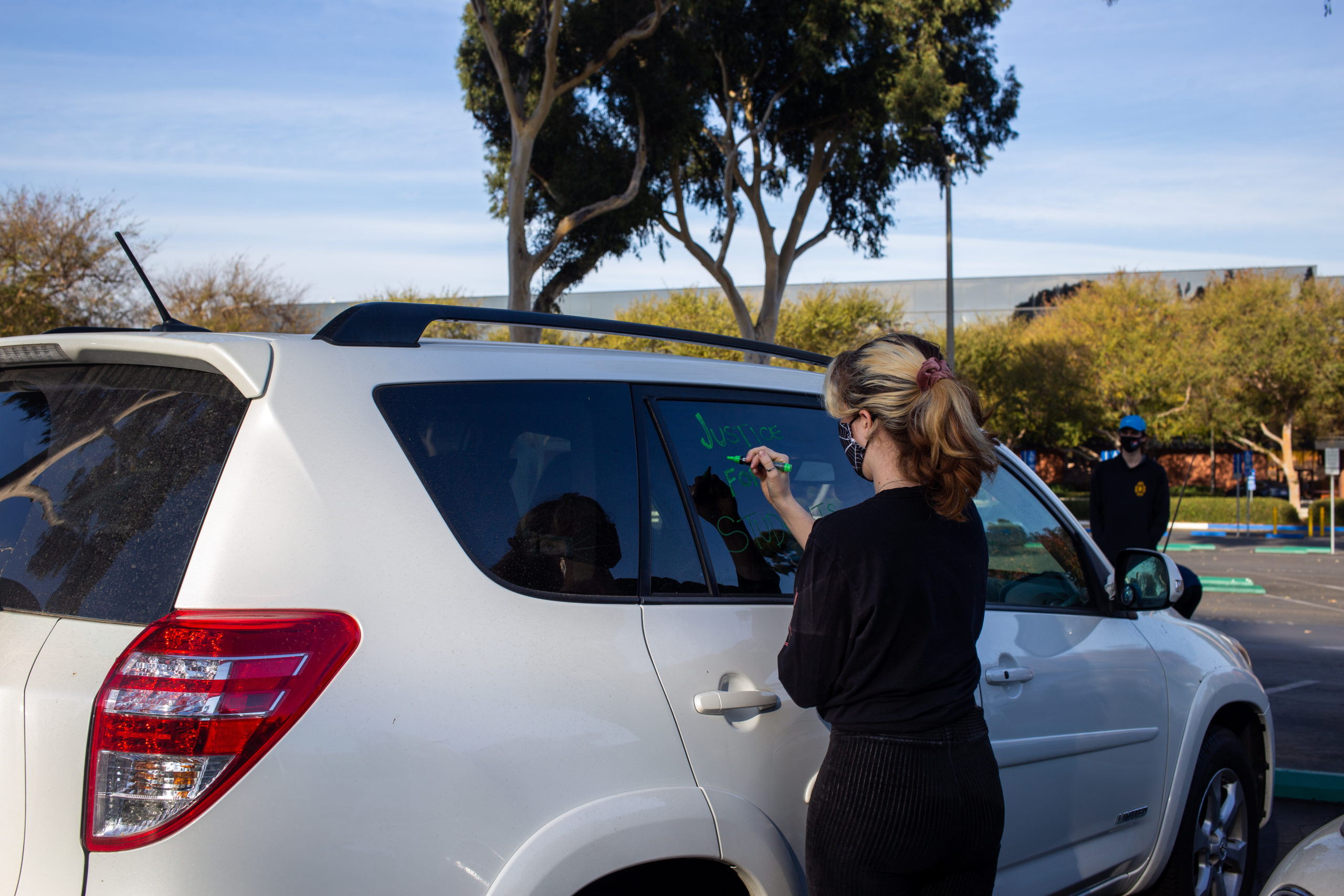
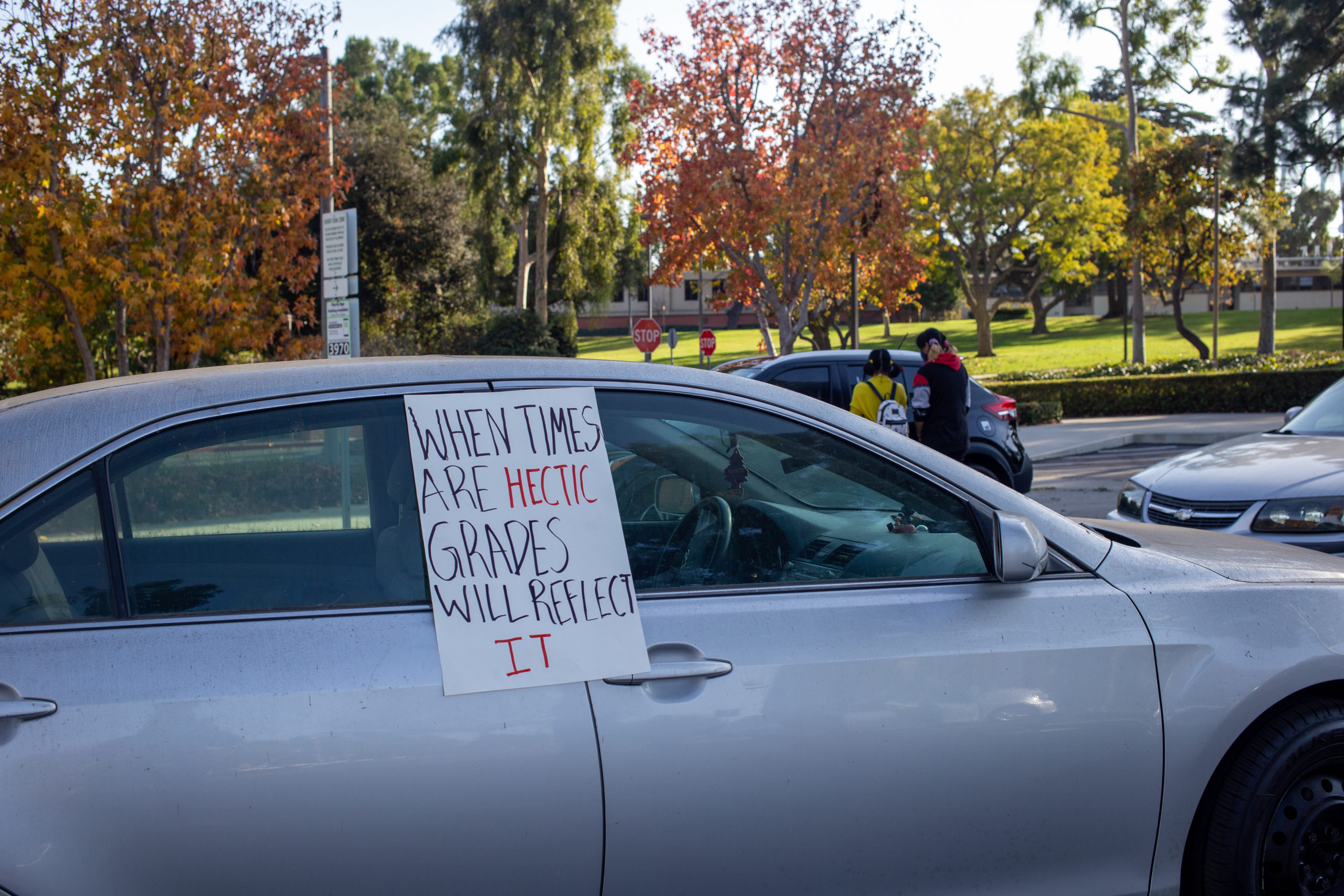

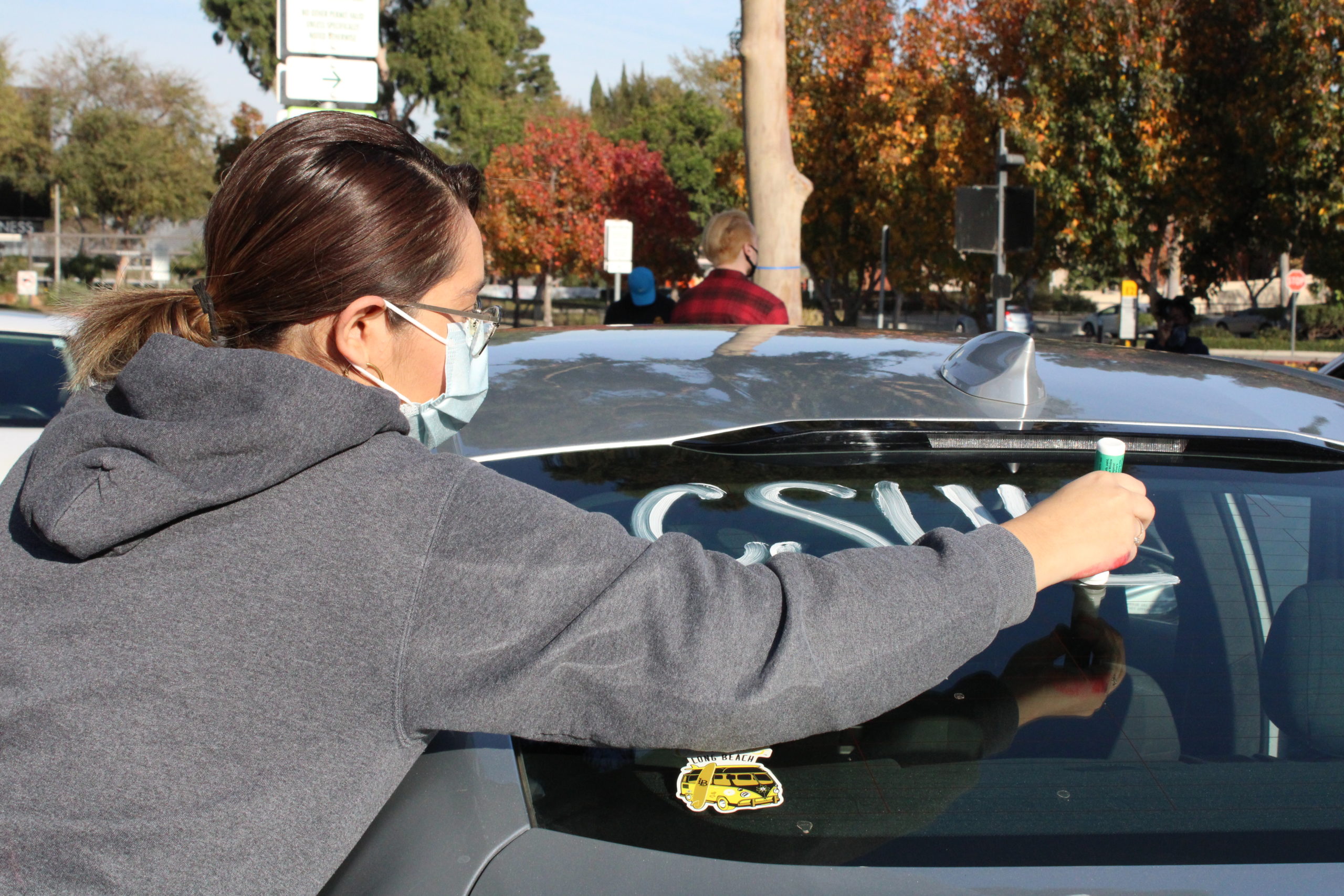
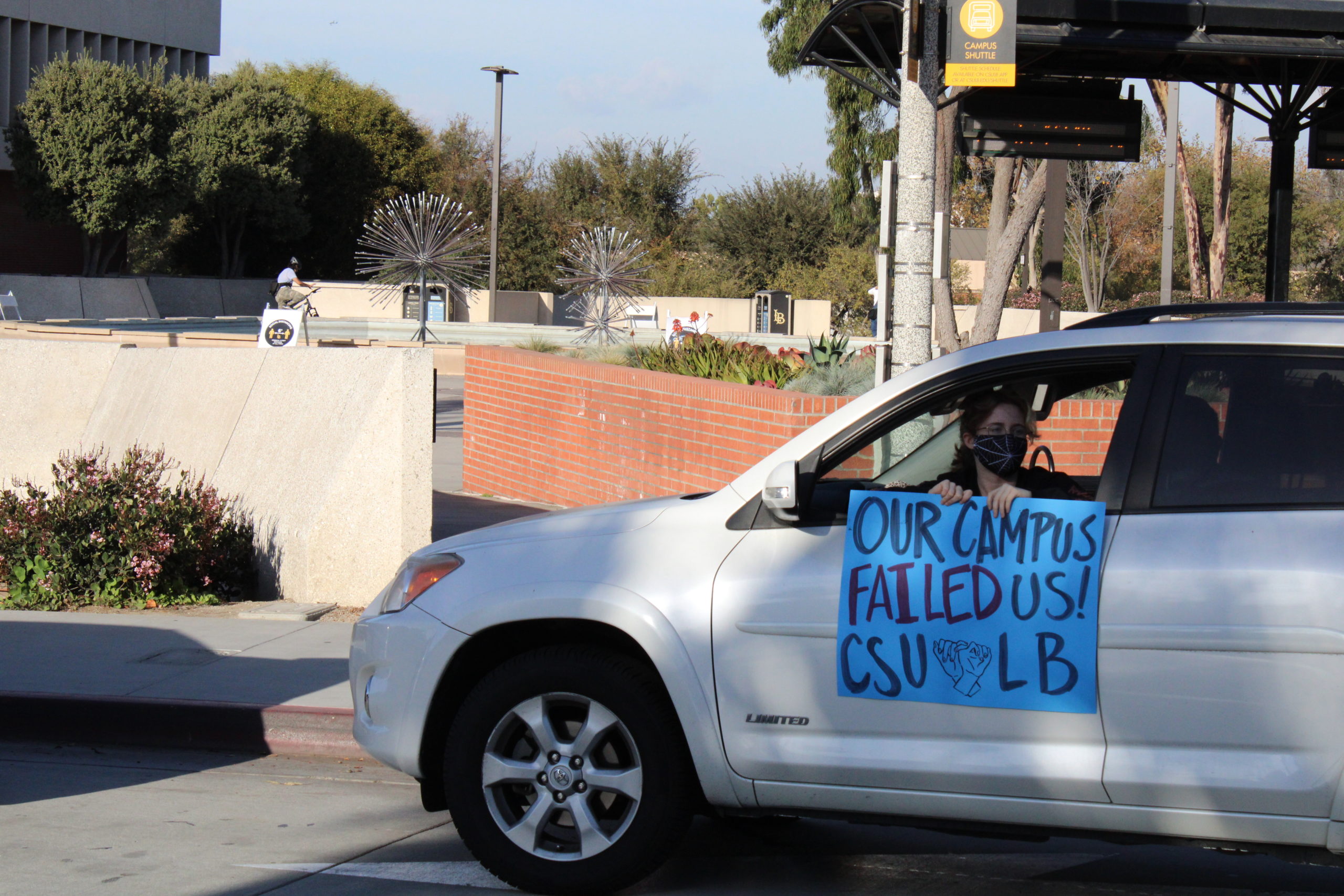
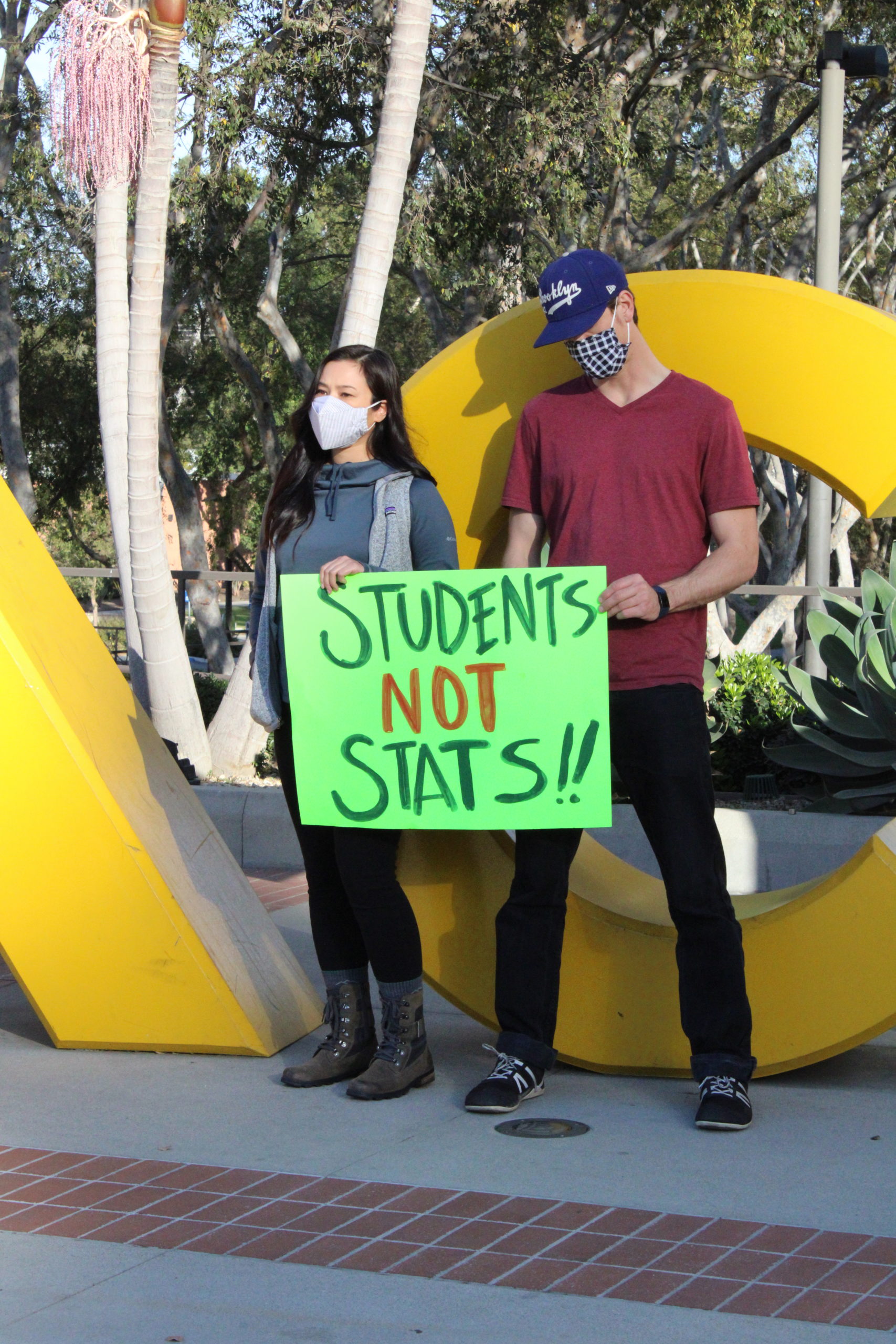
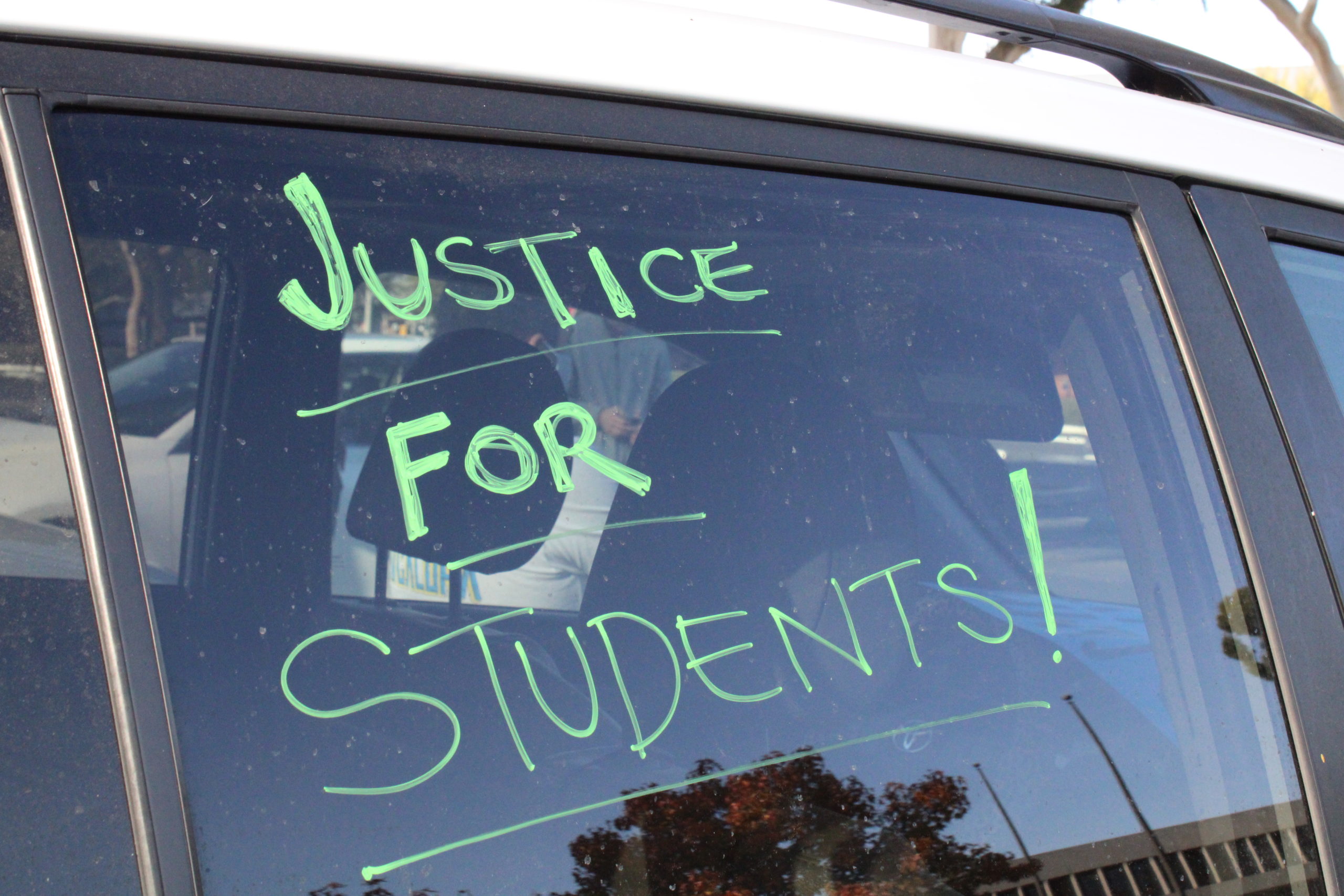
Over 20,000 individuals have petitioned President Jane Conoley and students additionally organized a drive-through protest over the weekend to have our school reconsider the grading options for the end of the semester.
This semester hasn’t been easy, and I say this as someone who has been a slave to my grade point average and prides themselves on academic achievement. By all metrics, I am the ideal student, an Honors student, someone who stays engaged in class who asks questions and attends office hours.
However, this veneer of perfection that I had carefully crafted was slipping. I couldn’t understand what was being said in my elementary differentials course so I would zone out and wait for the recordings of the zoom meeting to arrive in my inbox. The test would come around and I would teach myself an entire six weeks worth of math in 72 hours. I would still miraculously score well on these exams, but it felt less of a victory and more defeat.
I wasn’t learning, I was surviving. I wasn’t enjoying the race of learning because I was so fixated on the hurdles. I felt so disconnected from my professors despite visiting each professor’s office hours at least once during the semester. They couldn’t see me or my body language, they couldn’t really check-in and ask how I was actually doing in the class unless I reached out first; it felt exhausting to ask for help.
I know I most likely maintained a 4.0 GPA this semester, however, I benefit from privileges that many of my peers do not share. I wasn’t paying for my own rent for a good part of the semester so I was under the shelter and safety of living at my parents’ home. I wasn’t facing hunger or working over 20 hours a week to make ends meet.
My siblings are both in high school and there are little ways in which I need to contribute to the household other than basic chores. I wasn’t trying to babysit siblings or cousins, serve as a caretaker for older members of my family or care for someone who was sick with COVID-19.
At a school that prides itself on “inclusive excellence,” it’s a bit jarring to be told as a student academic expectations are maintained in the middle of an unprecedented semester in college.
Although the deadline to withdraw from courses was extended by Provost Brian Jersky, it would only save the failing students from a blight on their academic record. Many students who would have normally succeeded through in-person instruction are struggling, perhaps scoring a C in a course they could have normally scored an A in.
We joke all the time that “C’s get degrees” but for many students, maintaining their GPA is important for graduate school or perhaps another opportunity they wish to seek in the future. This pandemic will be over in a few months once everyone is vaccinated, however, this year of losses will stay with us, including our academic record.
It’s not our job to think as administrators, we don’t play that role in higher education, therefore we must make ourselves heard as students who have a unique stake in the decisions that are made for us.
Long Beach State, the consensus is overwhelming: give students a chance to save their grades and let us have the option of a credit, no credit extended to the end of the semester.

